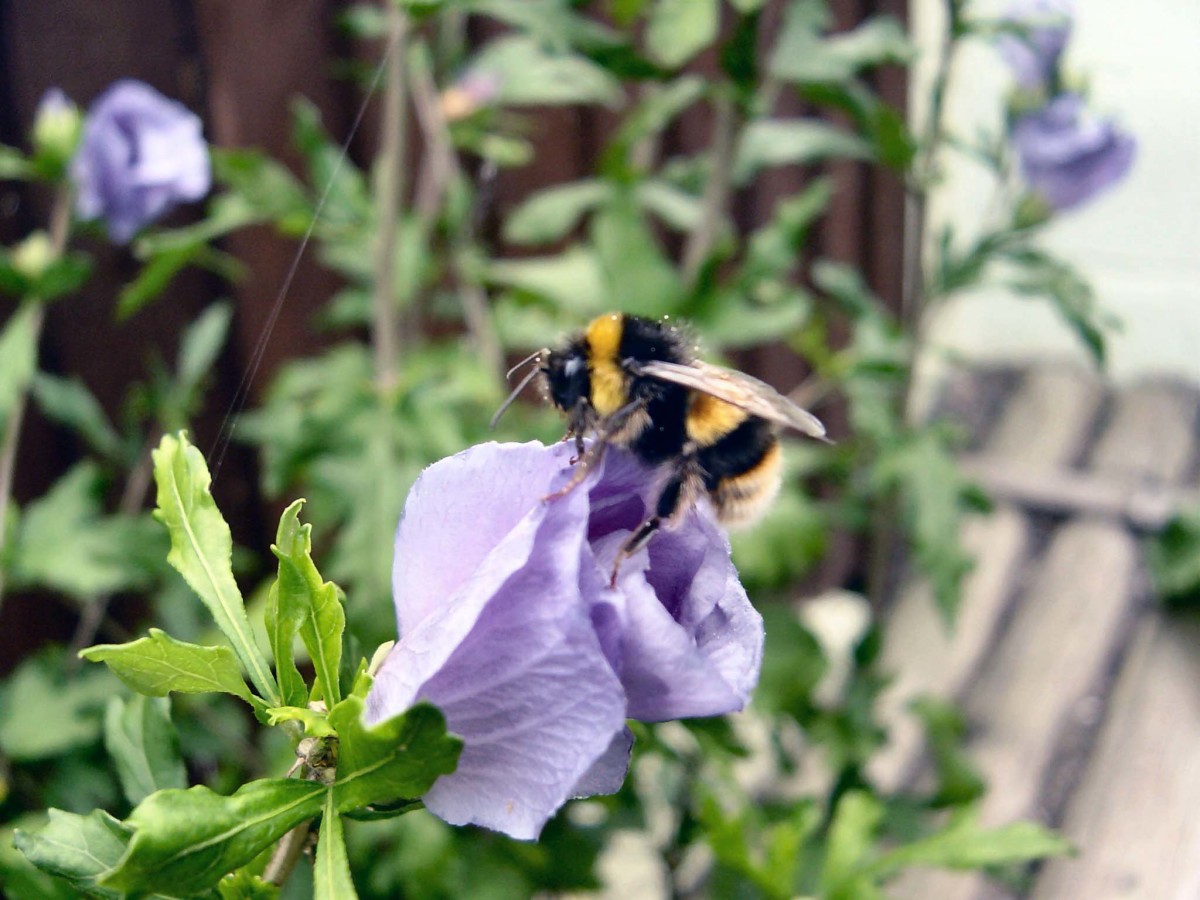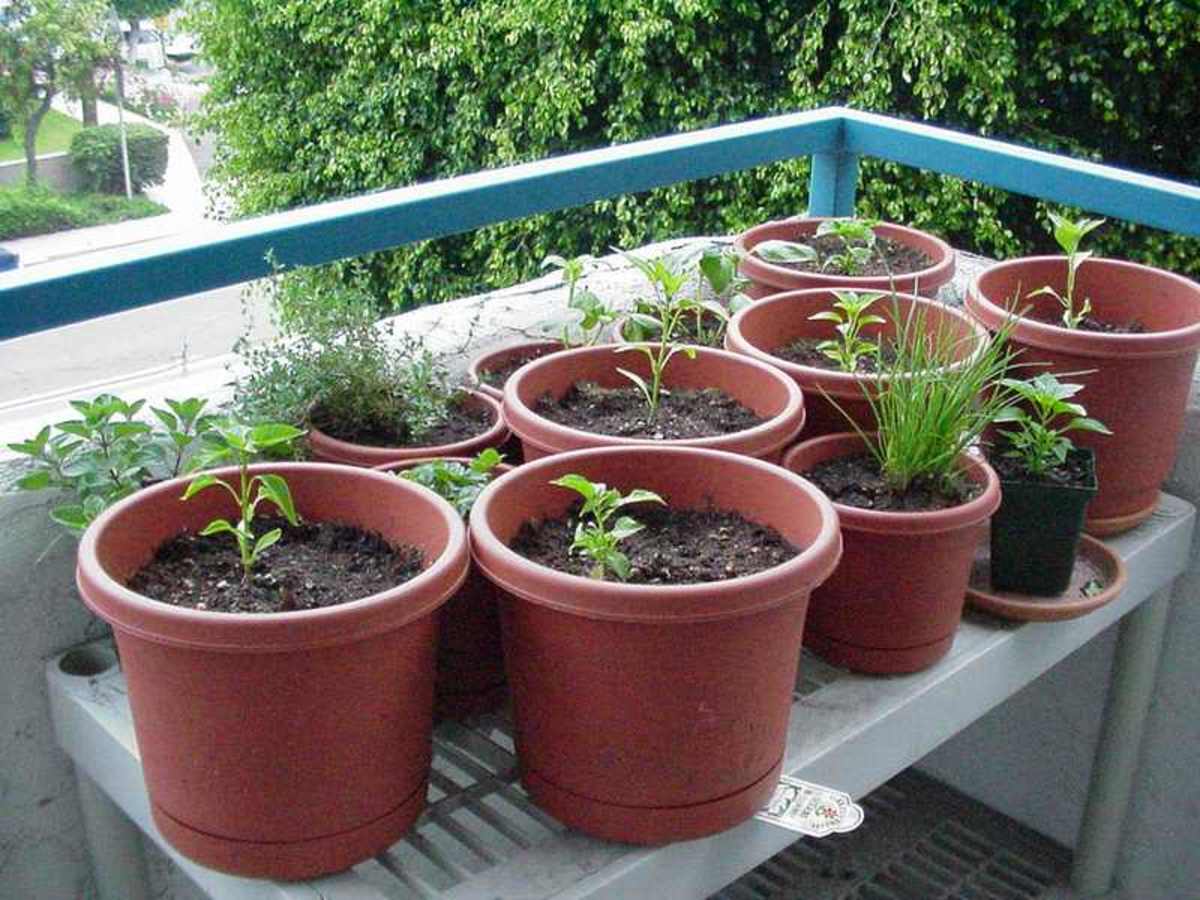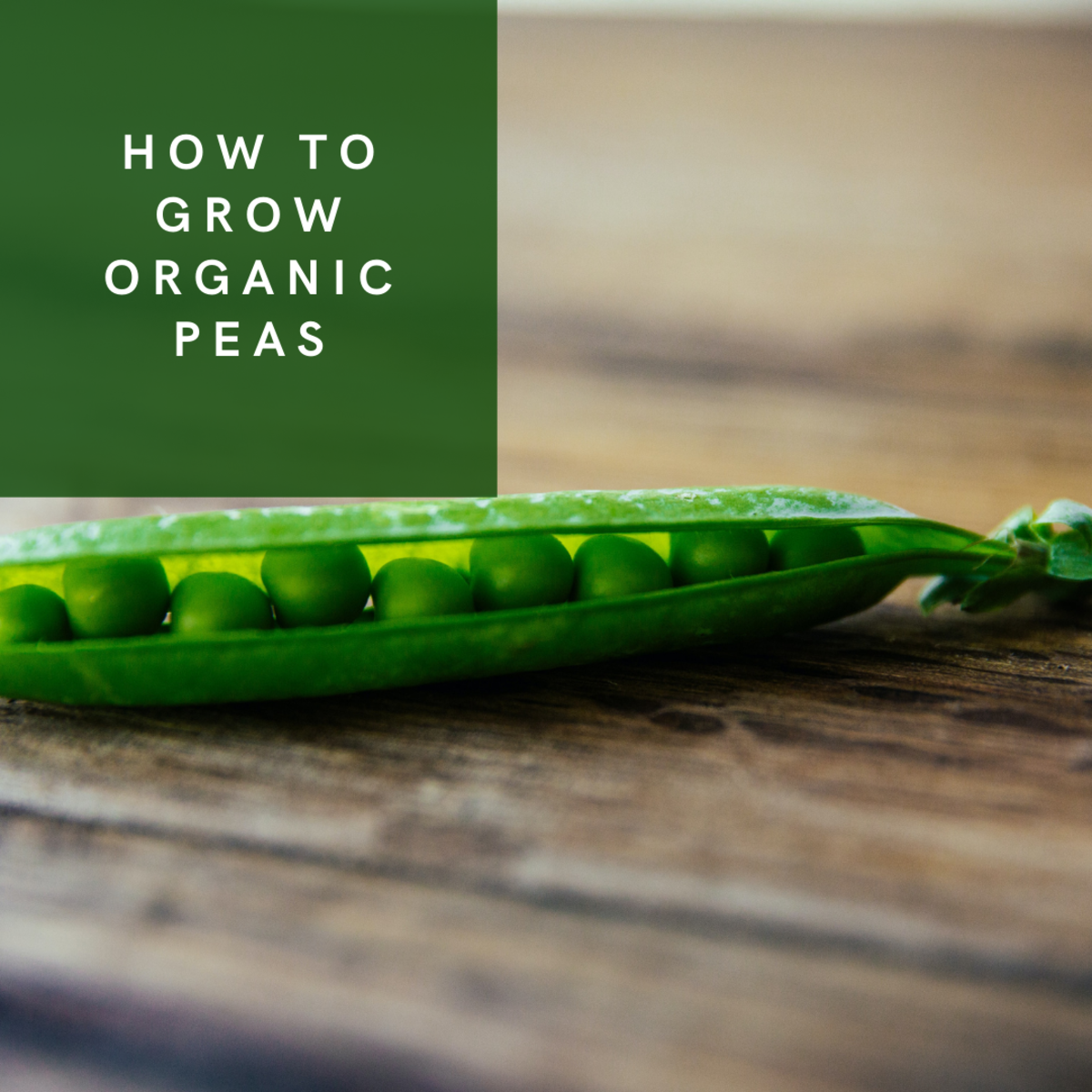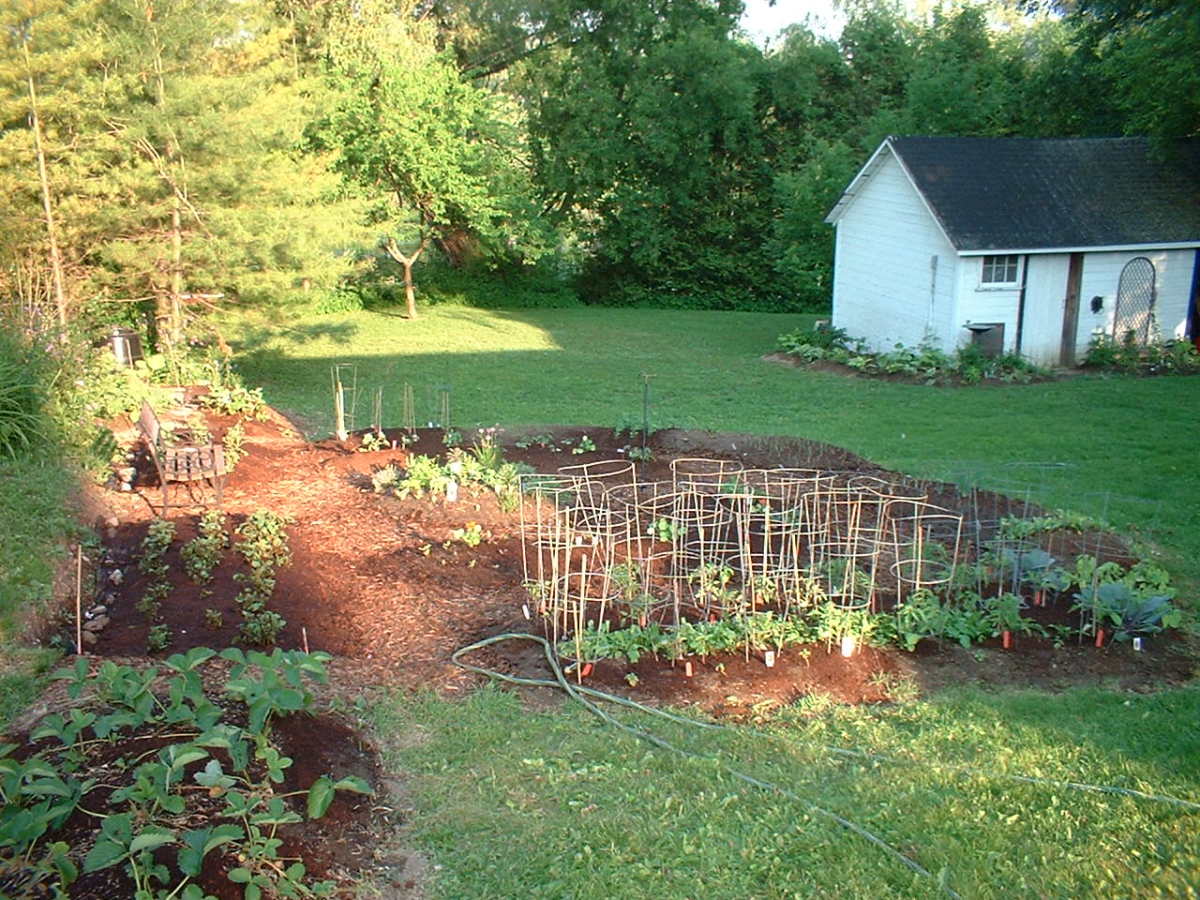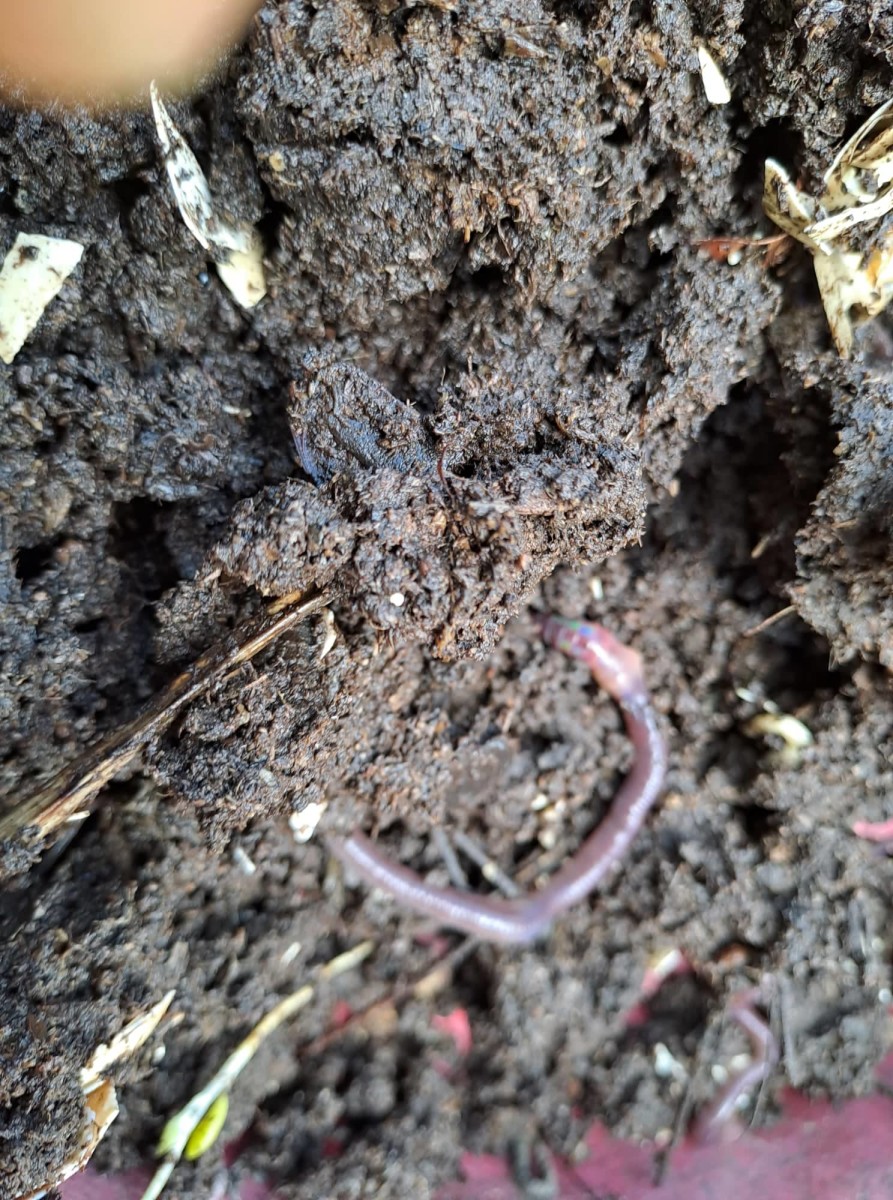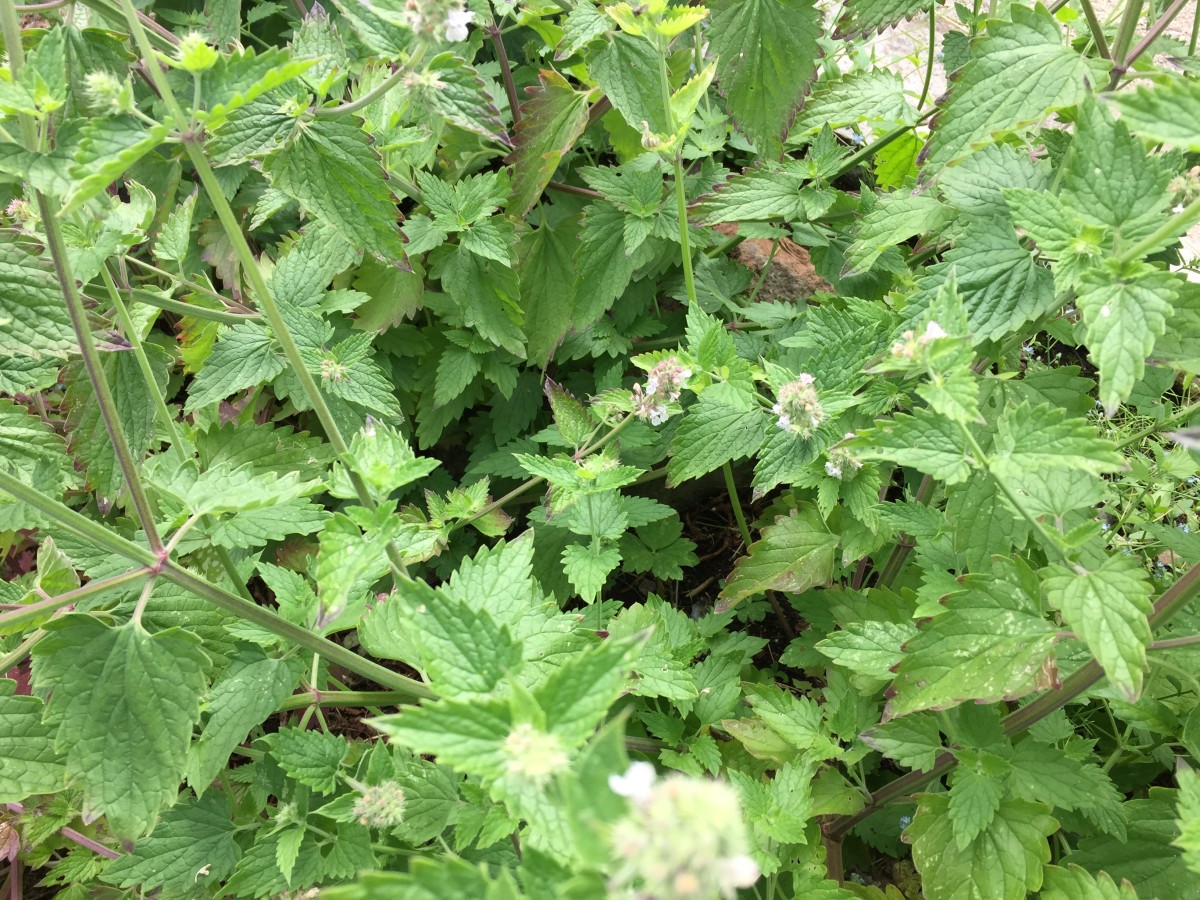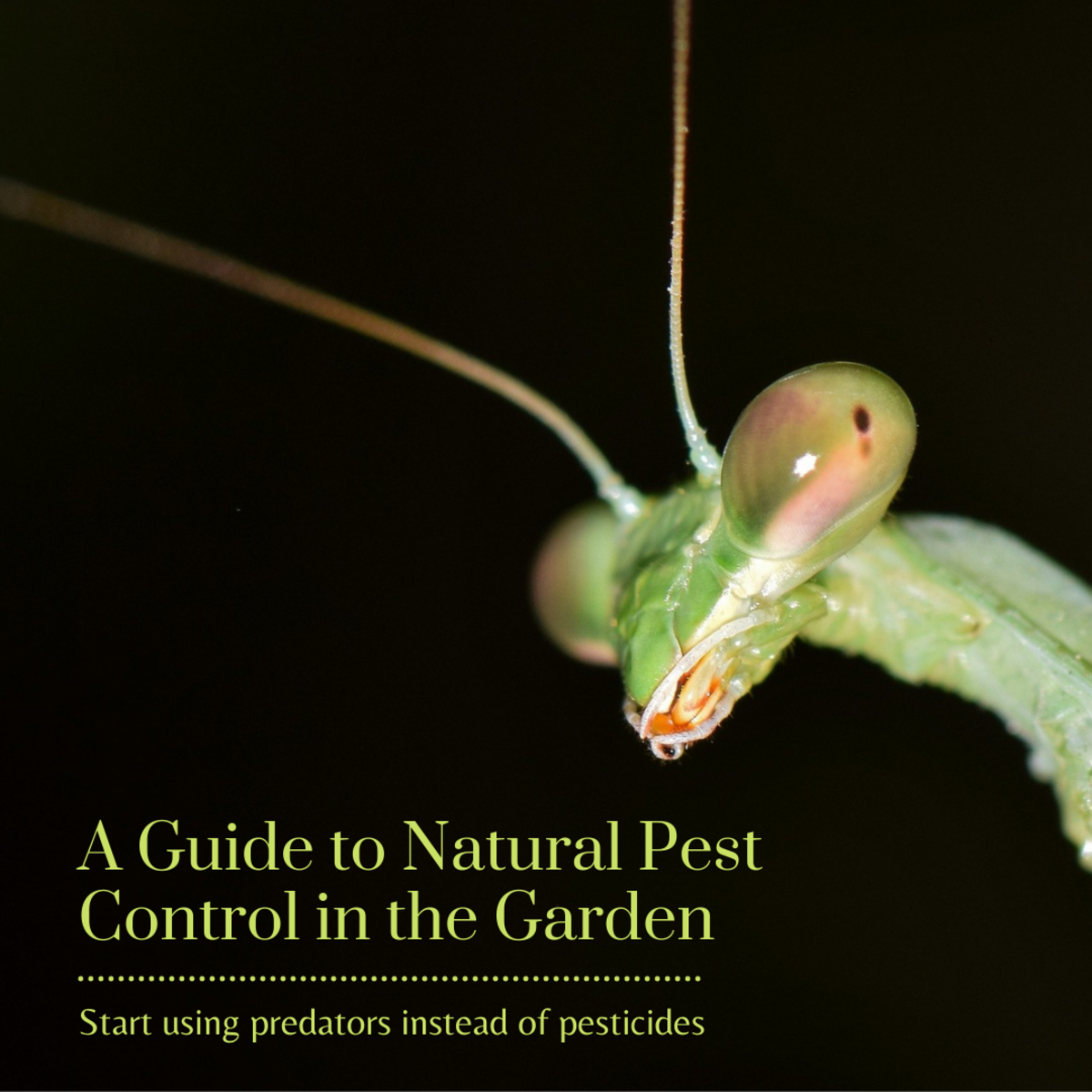Organic Vegetable Gardening Hints/Tips: Low-Cost Ideas
Whether you’re shopping at the supermarket or just visiting a roadside stand, it seems that the price of organically-grown foods is always higher than those which are grown using chemical fertilizers. Because of this, many people seem to think that it costs more to use organic fertilizers in the home garden and decide against growing their vegetables and other garden crops the organic way.
The truth is, though, that it can actually be significantly cheaper to use organic materials as fertilizer in your garden… and will often give you better results as well. Even if you aren’t as concerned about the ecological impact of growing organically, a lower cost and better quality of the things you grow should give you plenty of incentive to at least try out organic vegetable gardening.
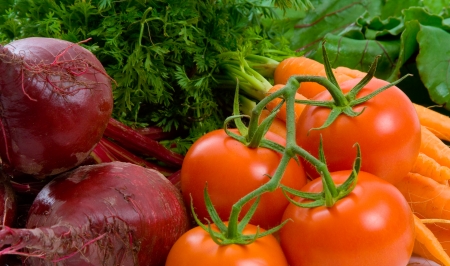
The biggest misconception about organic vegetable gardening is that it’s more time-consuming or difficult than standard gardening practices… this belief is unfounded, and most likely comes from people thinking that you have to do a lot more work to prepare the soil for organic vegetable gardening.
To be honest, organic vegetable gardening is actually much easier than other gardening techniques; the organic materials that you put in the soil are broken down by naturally-occurring microbes that end up doing most of the work for you. All that you need to do is to make sure that the plants receive enough water and that the microbes stay healthy and happy so that they keep breaking down those organic materials and converting them into what your plants need in order to thrive.
Advantages of Organic Vegetable Gardening
There are a number of advantages to growing your garden using organic vegetable gardening techniques versus the use of chemical fertilizers and pesticides.
- First and foremost, most people will attest to organically-grown foods tasting better and often being larger than those foods which are grown using chemical feed. This means that not only will you be able to get a bigger yield out of your garden, but you’ll also have better tasting crops as well.
- Organically grown foods also don’t have any potentially harmful chemicals clinging to them as they would if you’d sprayed them with chemical pesticides to keep bugs away… this results in foods that are safe to eat even if you don’t stop to wash them before use.
- Another big advantage to organic vegetable gardening is that your gardening plot is going to be naturally renewable without the need for the continued adding of chemical fertilizers… the plant material that isn’t harvested will go back into the soil, enriching it without the possible buildup of chemicals in the soil over time.
- You also don’t have to worry about chemical runoff from pesticides or chemical fertilizers getting into local groundwater; this means that the environmental footprint of your organic garden is going to be significantly lower than it would be if you were doing all of your pest control and plant feeding chemically. Instead of potentially damaging your local environment, your organic vegetable gardening plot will actually be enriching it.
- There’s also the economic stance to consider… it’s easy to make your own organic fertilizers for little or in some cases no money, so you’re going to be able to save quite a bit on what it would cost for you to keep your garden thriving if you were having to buy chemical fertilizers and pest control solutions.
Worms both aerate the soil and break down compost
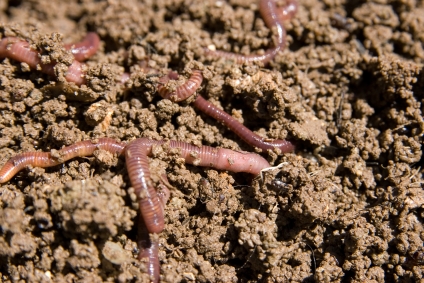
Common Organic Vegetable Gardening Hints/Tips
There are a number of different ways that you can run your organic vegetable garden, which differ largely based upon the types of fertilizers that are used, the manner in which leftover organic material is recycled into the soil, and the methods of organic pest control that are used to keep insects from eating up all of the fruits and vegetables that you’ve worked so hard to cultivate. A combination of different techniques can be used, allowing for an almost limitless means of adjusting your organic grow to your specific needs. Different garden layouts may also be used, ranging from a standard in-ground garden to a series of tiered planters designed to keep your garden weed-free and more easily accessible.
Fertilizers can be added to organic vegetable gardens when the soil is first being worked, as the plants are growing, or even as a direct feeding onto the leaves of the plants themselves. Both liquid and solid fertilizers can be used, and some steps are often taken not to feed the plants themselves but the helpful microbes that break down the soil’s fertilizers so that your plants will flourish on the organic foods that you supply them with.
A variety of organic pest control solutions can also be employed without the need for artificial chemicals and poisons, including all-natural pest deterrents and even predators that will rid your garden of harmful insects while not harming you plants themselves.
One of the best things about organic vegetable gardening, however, is the ways in which the same garden plot can be used for years on end without suffering from the same deterioration that plots of chemically-fed gardens may face; the soil in organic vegetable gardens is much easier to renew using several different methods.
A healthy compost heap
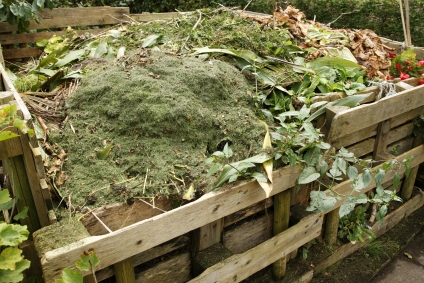
Organic Vegetable Gardening Recommended Reading
Organic Vegetable Gardening Hints/Tips - Sources for Organic Fertilizer
Organic fertilizers are basically any organic material that can be broken down in the soil in order to release chemicals such as nitrogen and phosphorous that your growing plants can use as food. Unlike chemical fertilizers which simply insert the needed materials into the soil with no concern for the natural microbes which make up part of the ecosystem, organic fertilizers make use of those microbes to break down the materials naturally so that nature can fully take its course. The end result is generally larger, better tasting fruits and vegetables.
When you’re looking for organic fertilizers, you have a lot of options available. You can purchase organic materials in bulk that can be used to enrich your soil… everything from worm castings to bat guano can be mixed in with your tilled soil to gradually break down over the course of your growing season.
Liquid fertilizers can be made as “teas”, where you place the organic material in a cheesecloth bag and let it soak in water for an extended period of time until much of the basic organic materials have been leeched out of the source material that you placed inside of the bag. If you don’t feel like buying your organic materials you can also make your own by creating a compost heap or using a compost container… simply place used vegetable matter such as grass clippings, fruit peels, vegetables that have started going bad, or any other vegetable materials into the compost pile and allow it to decompose naturally into a rich organic fertilizer that your plants (or more specifically the microbes in the soil) will love.
Speaking of the microbes that live in the soil, if you want to see exceptional results in your organic vegetable gardenong then you need to make sure that those helpful microbes multiply so that they can quickly and efficiently break down any organic material that you introduce into your soil. One of the best ways to do this is to add approximately a tablespoon of molasses per gallon of water once every week or two while watering your garden… the molasses will help the microbes to flourish, which will result in better breakdown of organic materials and larger, healthier plants.
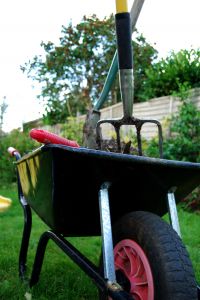
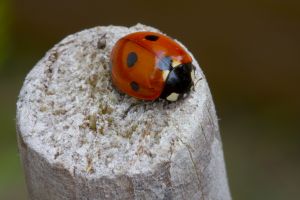
Organic Vegetable Gardening Hints/Tips for Organic Pest Control
A lot of people think that the only way to take care of pests in the garden is to spray all of your plants with chemical pesticides, but that’s far from the truth. There are a number of natural materials which can be used to ward off unwanted insects, including dusts made from hot peppers, garlic, copper, lime, and sulfur.
Liquid pesticides can also be made by combining some of these solutions with water, and other pests such as slugs can be taken care of by simply leaving a shallow pan with beer or some other fermented liquid in it. One of the most effective (and sometimes beautiful) ways to take care of unwanted insects, however, is to simply introduce other insects into your garden that are natural predators.
Ladybugs, often thought to be harmless but pretty little beetles, are actually a predatory insect that will feast on aphids and other small insects that may be trying to destroy your garden. The ladybugs aren’t interested in your plants, though, so you have nothing to fear when it comes to ordering some and releasing them into your organic vegetable garden area.
See the organic pesticides page for more information.
Organic Vegetable Gardening Hints/Tips for Reusing Organic Plots in Future Years
One great thing about an organic vegetable gardening plot is that it’s virtually self-renewing… the plant material that you don’t harvest can be placed into your compost heap or simply worked back into the soil to help enrich it for the following year’s garden. Fertilizers such as worm castings and compost can be worked into the soil in between harvesting and the following year’s planting to help enrich the soil with nutrients that were removed during each year’s growing season, and if you alternate the fruits and vegetables that you grow in different plots then you’ll be able to make sure that you aren’t continually stripping the same nutrients out of the soil year after year. Continuing to occasionally feed the soil’s microbes even when you aren’t growing can also help to replenish your garden plot quite rapidly… after all, they’re the ones who enriched it in the first place!
This hub brought to you...
by Julie-Ann Amos, professional writer, and owner of international writing agency www.ExquisiteWriting.com
Why not create your own HubPages? It's fun and you can make revenue from Adsense and other revenue streams on your pages. JOIN HUBPAGES NOW - SIMPLY CLICK HERE...
This work is licenced under the Creative Commons Attribution-Non-Commercial-No Derivative Works 3.0 Unported License. To view a copy of this licence, visit http://creativecommons.org/licenses/by-nc-nd/3.0/ or send a letter to CreativeCommons, 171 Second Street, Suite 300, San Francisco, California94105, USA.


